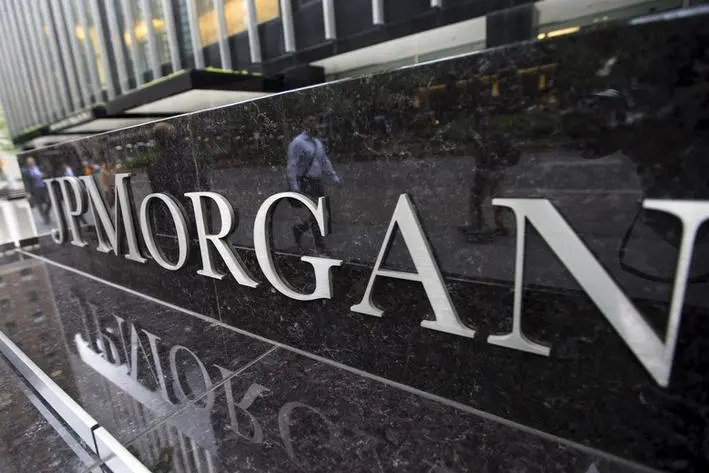PHOTO
LONDON - Europe's banks face less threat from some of the problems now showing in the commercial real estate markets than their U.S. counterparts, analysts at JPMorgan have said.
Economists are worried commercial property could be the next shoe to drop if problems in global banking markets trigger a broader credit crunch for the multi-trillion-dollar sector that was already under pressure.
Demand for office space has been sapped by the pandemic-era trend of working from home and though rising global interest rates have made it more expensive for firms to borrow, the structure of the European market has provided some comfort.
"Fundamentally, we believe that any contagion from either U.S. banks or U.S. CRE (commercial real estate) onto European peers is not justified, given different sector dynamics," JPMorgan analysts said in a research note published late on Monday.
Whereas the U.S. market is blighted by high office vacancy rates and negligible rental growth, they highlighted that Europe has far fewer empty properties and benefits from more inflation-linked rental contracts.
"Europe: 2 – US: 0!" JPMorgan said, summarising the situation as if it were a soccer match.
Policymakers' main fear is a so called "doom loop" where concerns about banks' health trigger a deposit flight and encourage banks to start calling in real estate loans in a bid to free up money.
That would accelerate a property sector downturn, aggravating underlying health concerns as it did during the 2007-08 global financial crisis and a number of other major crashes.
Analysts at Capital Economist estimated this week that U.S. commercial property prices will slump a further 18-20%, having already fallen 4-5% from their peak in mid-2022.
Lending to commercial property accounts for about 40% of all loans by smaller U.S. banks, defined by the Federal Reserve as being those outside the 25 largest by asset size. These banks account for about 70% of outstanding loans to the commercial real estate sector.
JPMorgan said an important part of its more positive view on European CRE was the willingness of European banks to continue providing finance to the sector as wholesale funding markets have started to clam up.
"In our opinion, liquidity is the crux of the matter, especially in the context of such an illiquid asset class as CRE," the bank's analysts said.
"Quite flippantly, we would be tempted to say that valuations don’t matter until you need to sell the assets, quickly!"
(Reporting by Marc Jones; Editing by Bernadette Baum )




















